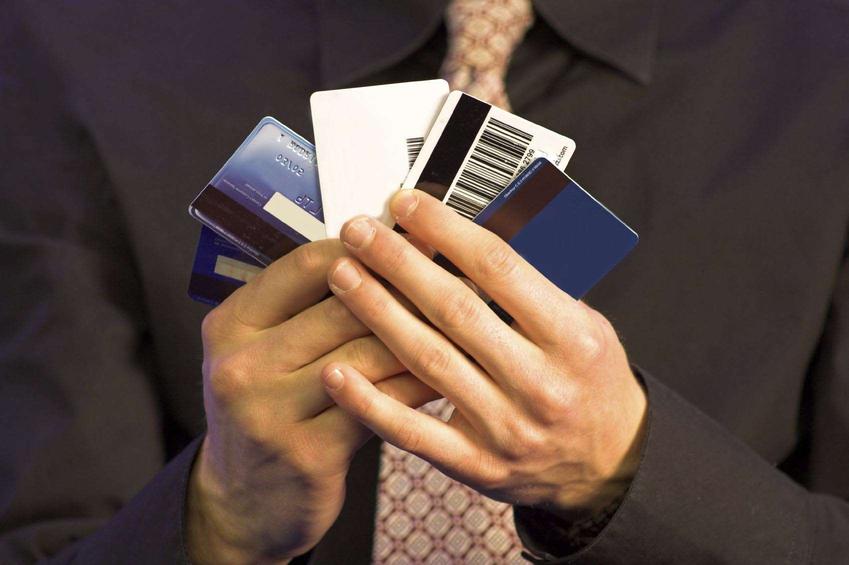Online shoppers are to face more security checks at the virtual checkout from today as new rules to crack down on fraud come into force.
Those buying through the internet, particularly purchasing items that cost more or may drift from regular spending habits, are going to need go further to prove their identity before their payments will be allowed to go through.
The extra two-factor authentication steps, known as Strong Customer Authentication or SCA, could include a request for a confirmation fingerprint or facial ID scan using a smartphone, entering a secret fact or a pin or passcode sent by text message to a registered phone connected to the bank account or perhaps by answering an automated phone call to a landline or mobile number.
Both debit and credit cards are affected by the changes and all banks and retailers now have to apply this extra level of protection, which will see card payments declined or blocked if not carried out correctly.
Explaining the introduction of SCA to its customers, Barclaycard wrote: "Strong Customer Authentication (SCA) provides more protection against fraud when you access your online accounts or shop online. Instead of being asked for one factor of identification like a password, SCA provides more protection as it uses two out of three possible factors of identification (sometimes referred to as 2 Factor ID) to confirm it really is you.
"The three factors are — something you know (e.g. a password or PIN), something you are (e.g. a fingerprint), or something you have (e.g. a registered mobile phone)."
While the new methods of authentication have been introduced steadily over the last few months as companies have begun to get to grips with the need to carry out additional security checks, the official deadline for organisations to be using SCA on applicable transactions is today (March 14).

The Financial Conduct Authority pushed back its initial September 14, 2021 deadline by six months because of the Covid19 pandemic.
According to UK Finance, the trade union for the financial services industry, more than £750 million was obtained fraudulently by criminals in just the first half of last year.
Jana Mackintosh, Managing Director of Payments and Innovation at UK Finance said: "Fraud is a growing problem, with criminals stealing more than £750 million in the first half of 2021 alone. That is why it is more important than ever that additional protections like Strong Customer Authentication are put in place."
Some payments are expected to be exempt from the new rules where purchases are assessed at being at 'low risk' of fraudulent activity. This is most likely to be low cost items or repeated purchases such as monthly subscriptions - albeit it is expected that the security details will be required to set up the initial payment arrangement.
But high value items, those outside of a buyer's normal spending habits or transactions being completed on a device that hasn't been used for internet shopping before, are all expected to trigger the need for customers to confirm two things before the payment will be permitted.
While there are concerns the use of extra technology might put off online shoppers who might struggle to use smart devices and the additional technology, Tom Ironside, director of business and tegulation at the British Retail Consortium, said the changes mean that shopping online has never been more secure.
He explained: "Retailers have been working hard to prepare for the Strong Customer Authentication requirements, ensuring online purchases are both as safe and easy as possible.
"The BRC and our members have worked with suppliers to ensure multiple fraud checks are performed behind the scenes and any additional friction is kept to a minimum. Customers should be reassured that buying online has never been safer."
LifestyleLauren Abbott







